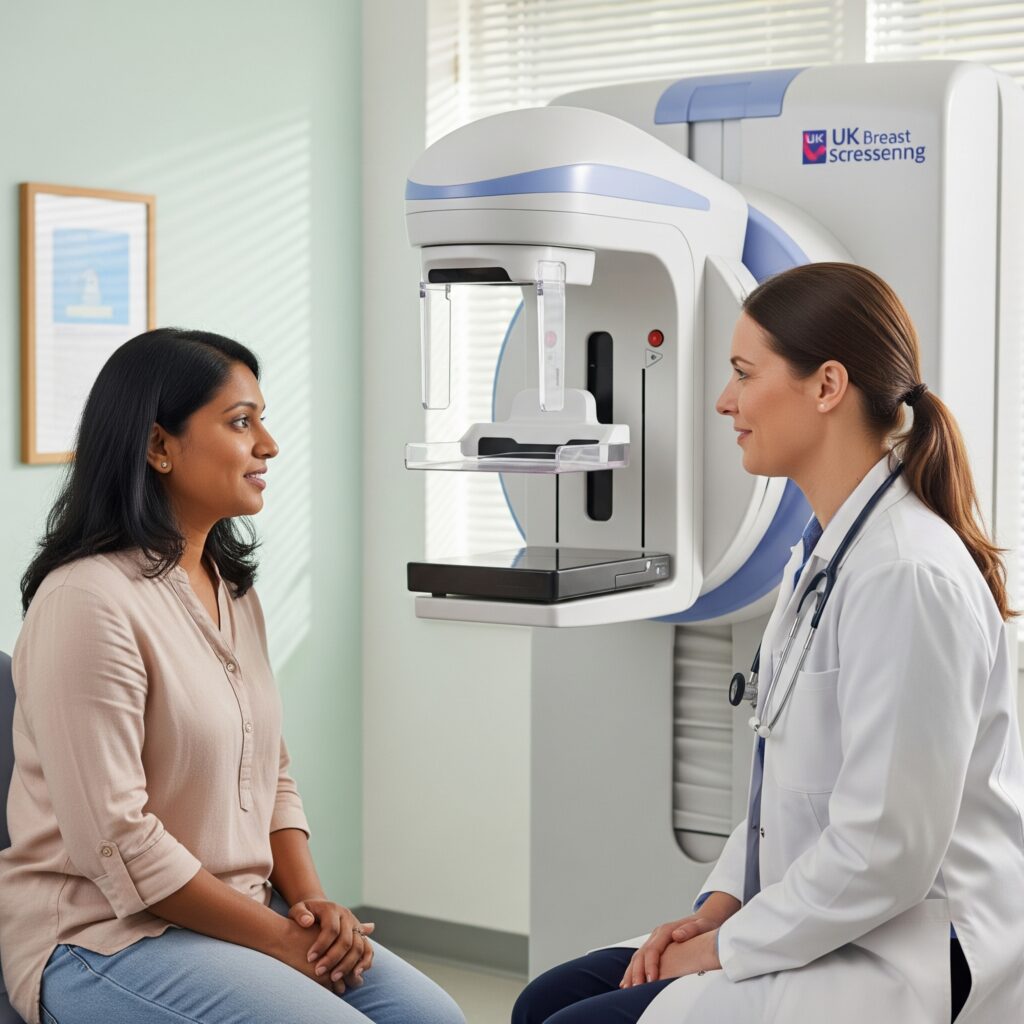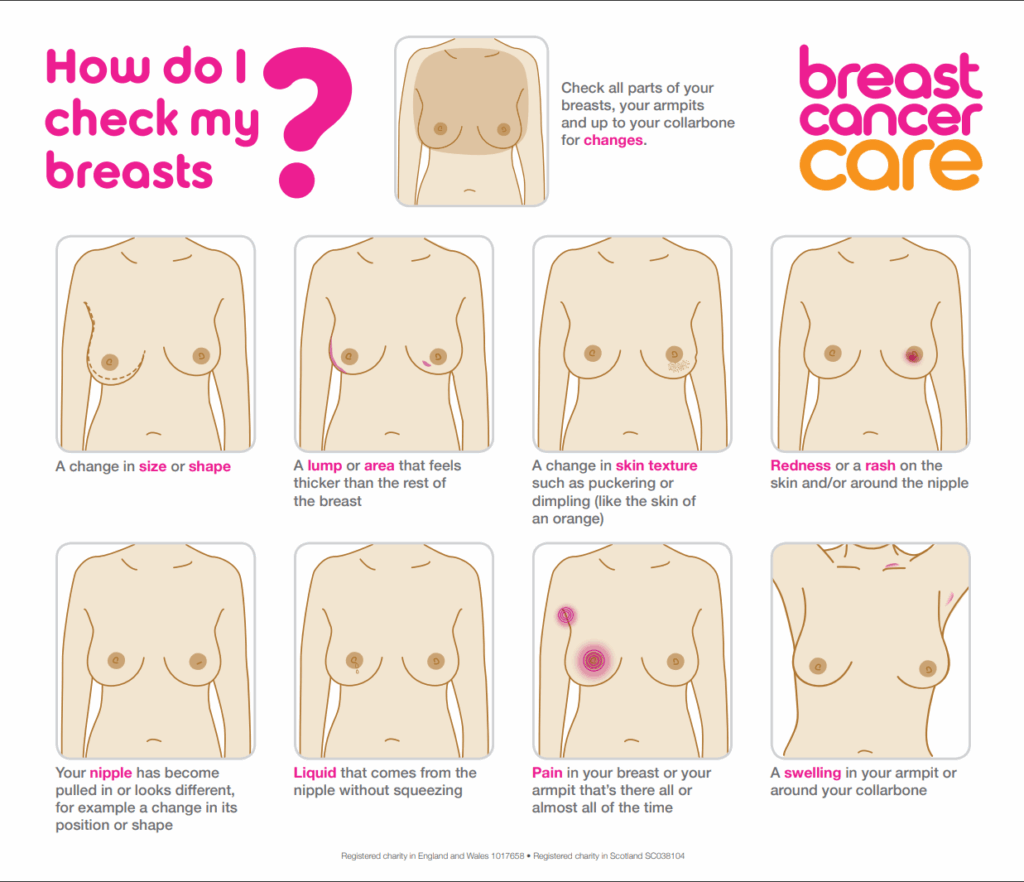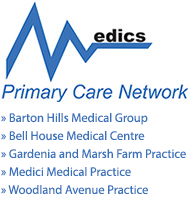
Breast Screening in Luton – What You Need to Know
Why Breast Screening Matters
Breast cancer affects 1 in 8 women during their lifetime, with the majority of cases – around 80% – occurring in women over the age of 50. As the risk increases with age, the NHS Breast Screening Programme is designed to target women aged 50 to 70.
Regular breast screening can detect changes in breast tissue long before any symptoms appear. Early detection significantly improves the chances of successful treatment and often means less complex procedures. The NHS Breast Screening Programme is estimated to save over 1,400 lives every year in England.
The Goal of Breast Screening
The national breast screening programme aims to reduce the number of deaths from breast cancer by offering routine screening to women most at risk.
Being Breast Aware
It’s important to be familiar with how your breasts normally look and feel. Breast awareness helps you recognise when something changes – whether that’s a lump, shape change, or new pain.
The Five-Point Breast Awareness Code
1. Know what is normal for you
2. Be aware of any changes in look or feel
3. Check your breasts regularly
4. Report any changes to your GP promptly
5. Attend regular screening appointments if you’re over 50
Breast Symptoms to look out for:
- A new lump or thickening in your breast or armpit
- A change in size, shape or feel of your breast
- Skin changes in the breast such as puckering, dimpling, a rash or redness of the skin
- Fluid leaking from the nipple in a woman who isn’t pregnant or breastfeeding
- Changes in the position of the nipple
There is no ‘normal’ when it comes to breasts, everyone is different, and your breasts will naturally change depending on your age and hormonal cycle. But if something doesn’t feel right for you, don’t delay – see your GP. You’re never wasting anyone’s time. Most changes aren’t cancer, but it’s always better to be sure.

What Happens at a Breast Screening Appointment?
Breast screening is carried out using mammography, an X-ray technique that can detect breast cancer early – even before you notice any symptoms.
At your appointment, a trained female mammographer will guide you through the process. Each breast is gently compressed between two X-ray plates for just a few seconds to capture clear images using minimal radiation. While some women find the compression uncomfortable or briefly painful, the procedure is very quick.
Who Will Be Invited?
Women aged 50 to 70 will receive a screening invitation once every three years. There’s no need to contact the service for a routine appointment – they will send your invitation at the right time.
If you’re over 71, you won’t be invited automatically, but you can self-request screening every three years by contacting your local breast screening unit. Breast cancer risk continues beyond 70, so it’s important to keep attending (and checking your breasts).
Appointment Information
Screening appointments are offered at a variety of locations in and around Luton. If you need to change your pre-booked time or select a preferred date, you can use the appointment request form provided in your invitation letter.
Please note:
📌 The Breast Screening Unit is not able to accept self-referrals unless you’ve received a screening invitation.
📌 Appointments cannot be booked more than 6 weeks in advance.
📌 If you are concerned about breast symptoms – don’t wait for a screening invite. Contact your GP straight away.
Do you have any more questions? Visit the Beds & Herts Screening Services Frequently Asked Questions webpage. https://www.bhbss.nhs.uk/FAQs
Stay informed. Stay aware. Stay screened.
If you live in the Luton area and are eligible, attending your NHS breast screening could save your life.
Please contact your GP ASAP if you have any concerns about changes in your breasts.
Breast Screening for Trans Men and Trans Women
Breast screening is important for anyone who has breast tissue that may be at risk of cancer. This includes some trans men and trans women, depending on factors like surgery, hormone treatment, and individual risk. If you are registered as male or female with your GP, this can affect whether you are automatically invited for screening — so it’s important to speak with your GP if you’re unsure about your eligibility. Please read NHS screening guidelines for trans and non-binary people.
Click here for Trans Men and Trans Women Cancer Screening information.

